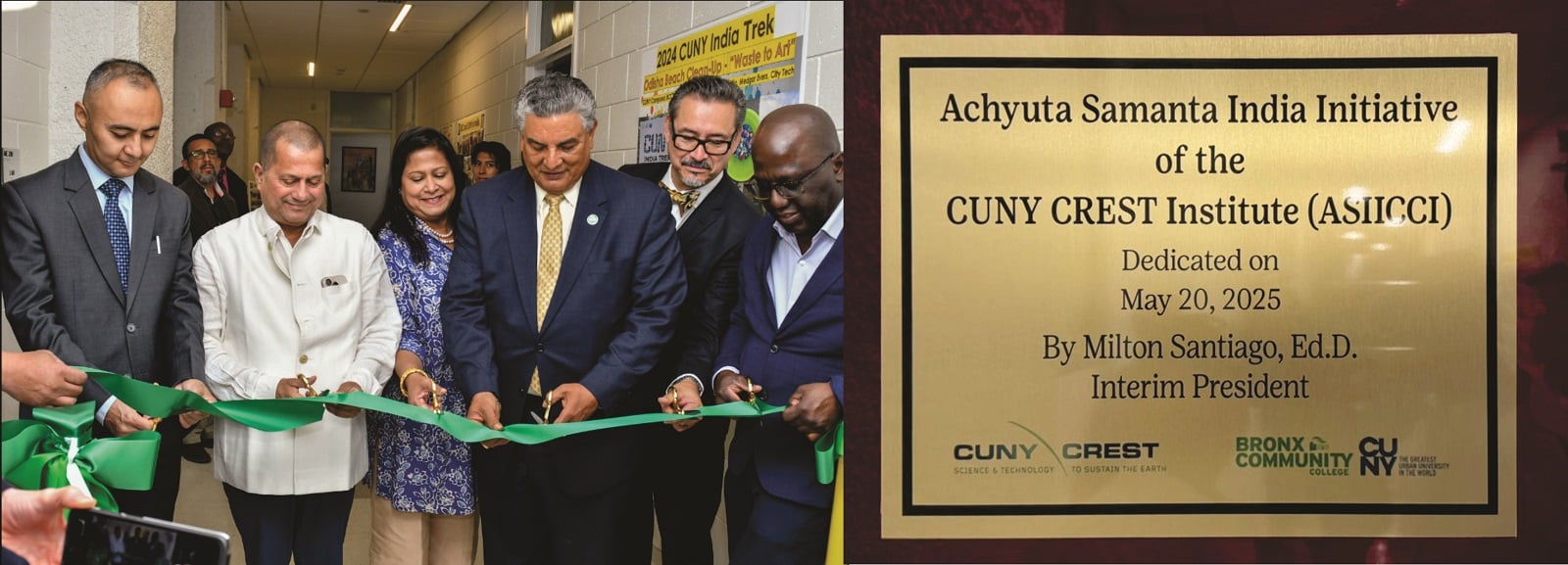The decision has been taken to speed up the admission process in Gujarat University. It was observed that it took about three to four rounds to fill up the seats. This results in unnecessary delay, leaving fewer days for the first semester classes. The GU Vice Chancellor Himanshu Pandya reasoned for scrapping the centralised system, by saying that following the central admission system, many students got into colleges far away from where they lived and this created a problem.
Admission to Gujarat University will only be on basis of merit
However, for this decision, some concerns also arise. One of the foremost concerns is that with the centralised admission process out of the picture, would it lead to colleges favouring applicants? To this, the Executive council member Digvijaysinh Gohil said that it would be taken care of that the admission is only on the basis of merit.
As per Ahmedabad Mirror report, last year, some complaints were received that meritorious students were being given admission to sub-par colleges. In response to these complaints, the Gujarat University conducted third round of admission for Commerce and related courses. Around 5,130 students with good merit score came forward, seeking reshuffle of colleges from courses like BCom, BBA, BCA, MBA-integrated and MSc IT.
However, despite the reshuffling, there were vacant seats in few colleges after GU seat allotment result and the first semester in degree engineering colleges which was to start from July 27 extended to start from August 3.
The same year, Gujarat University was dragged to the High Court to preferring students from its own colleges for admission to postgraduate medical courses. As per the MCI guidelines, GU and non-GU students should be treated equally. Before SC’s intervention, all universities – including GU – had control over admission to 50% of the seats in PG medical courses and used to give preference to their own students over students from other universities.
For the academic year 2018, the Gujarat University is trying to make up for the issues which raised eyebrows last year.
The centralised process for PG courses has been scrapped, but the decision is still under review for UG Courses. The committee has to prepare a report within 10 days and a decision will be taken based on the suggestions given. The colleges must mention their cutoff marks and report to the committee. A mechanism should be put in place where in case of any malpractice, the students can complain about the same.
In the meeting, various other important decisions were taken. Of course the first foremost was scrapping the centralised system. The other major change will be in the exam pattern for the entrance test. The duration of the examination will be reduced from 03 hours to 02 hours. The entrance test will consist of three questions of 20 marks each and a 10 mark objective question. The exam of 03-hour duration is justified for a 100 mark paper but not for a 70 mark paper.
Also, the semester system for UG courses is under review, however, the same for post-graduate courses will continue. In the meeting, permissions including increasing student intake, commencing new courses in various colleges, etc was also taken.
The Gujarat University is all set to start new courses that include M.Sc in Artificial Intelligence and Machine Learning, PGD in Rehabilitation Development in association with Rehabilitation Council of India. Also new syllabus for BA, MA, and M.Phill in History, on soft skills in BA in Sanskrit, etc. shall also be introduced.






